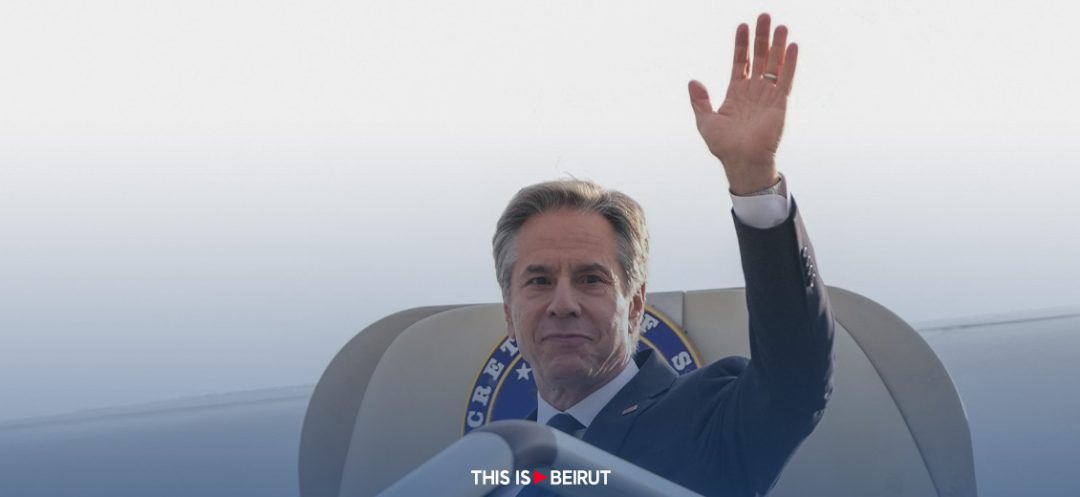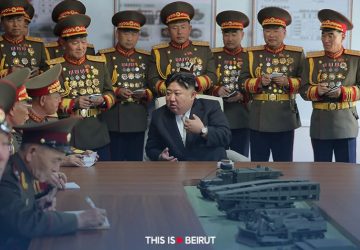US Secretary of State Blinken visited China on Wednesday, as the US seeks to increase pressure over Ukraine and Fentanyl, while simultaneously managing tensions ahead of November’s upcoming election.
US Secretary of State Antony Blinken returned Wednesday to China on his second visit in one year, as the United States ramps up pressure on its rival over its support for Russia while also seeking to manage tensions with Beijing.
The US diplomat will meet China’s top brass on Friday in Beijing, where he is also expected to plead for restraint as Taiwan inaugurates a new leader, and to raise US concerns on Chinese trade practices—a vital issue for President Joe Biden in an election year.
But Blinken is also seeking to stabilize ties, with tensions between the world’s two largest economies palpably easing since his last visit in June.
At the time, he was the highest-ranking US official to visit China in five years, and the trip was followed by a meeting between the countries’ presidents in November.
At that summit in California, Chinese President Xi Jinping agreed to a US wish list including restoring contact between militaries and cracking down on precursor chemicals to fentanyl, the powerful painkiller behind an addiction epidemic in the United States.
The friendly side trip—the first visit by a US secretary of state to the bustling metropolis since Hillary Clinton in 2010—would have been unthinkable until recently, with hawks on both sides previously speaking of a new Cold War between the two powers.
Pressing on Russia
A senior US official previewing Blinken’s trip said that the United States and China were at a “different place than we were a year ago, when the bilateral relationship was at an historic low point.”
The Biden administration’s eagerness to engage China stands in stark contrast to its efforts to isolate Russia since its invasion of Ukraine in February 2022.
After initially being pleased that Beijing has not directly supplied weapons to Russia, the United States has accused China in recent weeks of lavishing industrial material and technology on Moscow.
Washington has encouraged European leaders, including German Chancellor Olaf Scholz, who recently visited Beijing, to stand firm on China not backing Russia.
Progress on Fentanyl
The Biden administration has trumpeted the agreement with Xi on fentanyl as a success.
A State Department official said that since the November summit, China appears to have taken its first law enforcement measures on the matter since 2017.
Blinken will ask for further implementation, the official said.
Another source of friction between the two countries is legislation that cleared the US Congress on Tuesday—and which Biden intends to sign—requiring the wildly popular social media app TikTok to be divested from its Chinese parent company ByteDance, or be shut out of the American market.
Biden faces a rematch in November against former president Donald Trump, who has vowed a more confrontational approach against China.
Yun Sun, a senior fellow at the Washington-based Stimson Center, said that China’s leaders, eager to focus on their economy, were in a wait-and-see mode ahead of the US election.
“The Chinese understand that the Biden administration is unlikely to deliver any good news on trade because that simply does not support the election agenda,” she said.
“Until there is clarity on who the next administration will be, I don’t think they see a better strategy,” she said.
Shaun Tandon, with AFP





